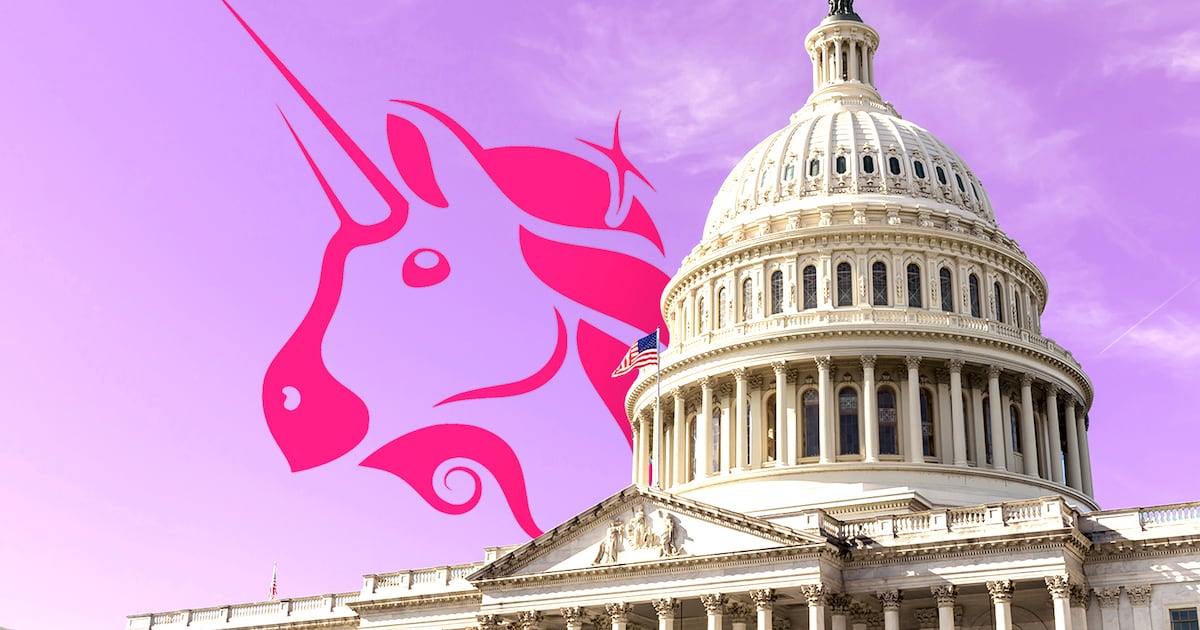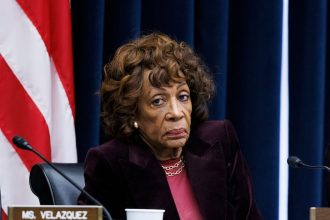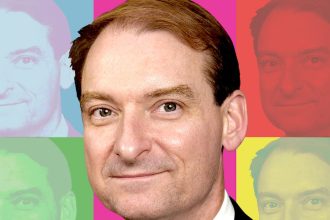Uniswap Exchange Scrutinized in Congress Over Decentralization Claims
The structure behind the popular Uniswap decentralized exchange came under scrutiny Wednesday during a congressional hearing on cryptocurrency regulation, after Representative Casten questioned the apparent unilateral power of the Uniswap Foundation.
Rep. Sean Casten, a Democrat from Illinois, challenged Uniswap Labs’ Chief Legal Officer Katharine Minarik, pointing out a contradiction in Uniswap’s claim of decentralization.
If you agree that decentralisation involves distributing voting power among your UNI token holders, doesn’t the fact that the Uniswap Foundation can unilaterally make decisions – doesn’t that weaken any claim of it being decentralised?
“I am fairly certain that the Uniswap Foundation cannot make any unilateral government governance change,” Minarik replied, distinguishing the Foundation from Uniswap Labs.
Decentralization Debate Heats Up in Lawmaking
From obscure forums to a Senate Judiciary Committee hearing, the debate over true decentralized autonomous organization (DAO) governance is coming to Washington. This exchange highlights lawmakers’ increasing familiarity with the complexities of decentralized finance (DeFi).
The House is considering significant legislation aimed at regulating cryptocurrency projects. A key aspect would be providing fewer regulatory burdens for entities explicitly deemed decentralized.
“The very fact it’s happening in Congress is a milestone for DeFi,” analysts noted.
Uniswap is governed by a DAO, a member-run cooperative that manages the protocol. Over $2.3 billion in Uniswap tokens, received at launch in 2020, are held by the DAO, giving UNI token holders some control over the pot of funds and a so-called fee switch.
However, the DAO ecosystem includes multiple entities, notably the for-profit development company Uniswap Labs and the Uniswap Foundation, a nonprofit funded by the DAO.
Foundation Delays Key Vote
The Uniswap Foundation recently drew criticism for indefinitely delaying a DAO vote on a proposal to divert Uniswap’s revenue directly to UNI token holders.
A debate over activating the fee switch had been ongoing, facing hurdles due to potential conflicts with U.S. securities laws. The foundation cited a need for additional diligence regarding an “unnamed stakeholder.” A prominent Uniswap DAO delegate, pseudonym Pepo, resigned, citing the foundation’s alleged undue influence.
Pepo declared, “If governance becomes a performance… we are no longer participating in decentralization.” Responding, Uniswap Foundation executive director Devin Walsh stated it takes member feedback seriously.
Lawmaker Questions Regulatory Scope
In the same testimony, Casten pressed Minarik about the pending legislation’s applicability to Uniswap.
“Under the bill… would Uniswap be required to screen and verify customer identities?” Casten asked.
Yes.
He also questioned whether disclosure requirements, including information on ownership and anti-money laundering procedures, would apply.
Minarik indicated such specific requirements would not be mandated under the bill’s DeFi carve-out provisions, though she mentioned Uniswap has other obligations.
Casten expressed concern over the industry’s failure to proactively address regulatory concerns like anti-money laundering.
If we got this huge barn door that we’re just going to define this generic thing as DeFi and you can launder all your money through there, my God, why isn’t the industry saying, ‘I don’t want to be a part of that?’
Uniswap representative Minarik echoed Casten’s sentiment: “I don’t want to be a part of that.”
Correction, June 6: An earlier version incorrectly identified the source of Uniswap DAO funds as trading fees.












